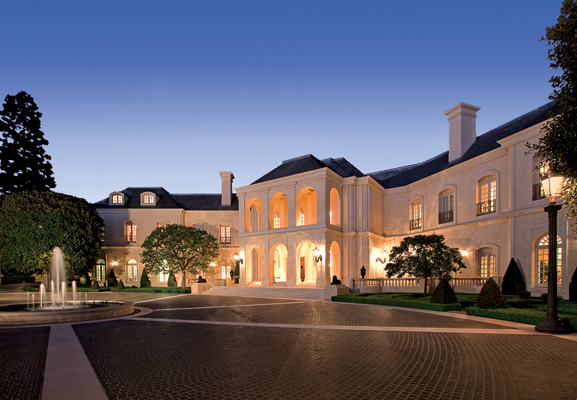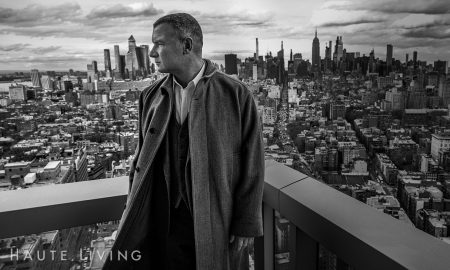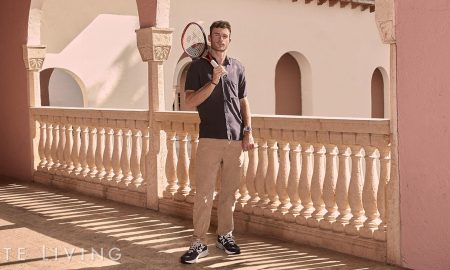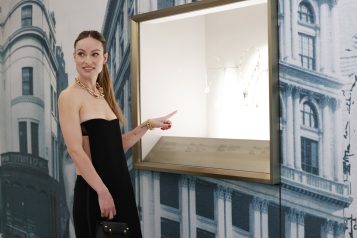Throughout legend and lore, knights in shining armor would ride into battle on their trusty steeds, armor glinting in the sunlight, and commit unthinkable acts of bravery. Their dedication to the greater good garnered the love and admiration of their country and sovereign. While Sir Richard Branson has traded his stallion for motor bikes, racing yachts, fast cars, and hot air balloons and his armor for a space suit, he remains true to the values of his predecessors. And although this fair-haired maverick may be writing his own knightly code, he still lives by the ideals of chivalry: bravery—the willingness to rise to the most challenging obstacles; gallantry—a true concern for the greater good of man; and honor—the ability to look on his achievements and accolades with gracious humility and fuel for future success.
The Young Squire
Our knight’s tale begins in an unassuming part of London just like many young squires that came before him. His mother, Eve Branson, was a constant driving force in his success, offering invaluable advice like, “If you are shy, it’s your fault, you are not thinking of others.” Branson fondly says of his mother, “Every son would think of their mother as a wonderful person. I’ve had to try and keep up with her all my life. I just went to my parent’s 60th wedding anniversary. She’s always wanted to make a difference, she loves people.” Today, at 88 years old, Eve remains right by his side and attributes their closeness to their similarities. “Being constructive in whatever form, we both find it essential to making us tick,” she says.
Being constructive was not a difficult mandate for a boy who, at the age of 16, established a national magazine entitled Student—an unlikely venture when you consider this boy had minor dyslexia. The ever-enthusiastic teenager, more interested in sports and this publishing project than his studies, seemed determined to succeed. Eve recalls an indelible “spark” that foretold of her son’s future success. “His spark needed to be somewhat curbed when young, but curbed without killing that spark.” Luckily, that spark only ignited further when, in his next business venture, he formed a mail-order record service that offered better prices than record stores, which eventually led to significant discounts in record prices across the country. The next logical progression for this ambitious youngster was a record store on London’s Oxford Street. However, getting there was not always easy for young Branson. “I used to hitchhike everywhere as a teenager. It was the only way I could get around, and even when I tried to pass my driving test my car kept breaking down,” Branson recalls.
Never deterred by transportation setbacks, Branson eventually did get a car, and a country estate to go with it. It is here that he established his first recording studio, which he leased out to lesser-known artists. “Richard bought this great big house in Oxford. He asked us up and I thought, ‘God, haven’t you done well?’ This chap came in and said, ‘Listen to this.’ And we sat and heard this awful noise. That was Tubular Bells. Now we love it,” Eve said to The Guardian, alluding to the Mike Oldfield album that launched Virgin Records, one of the most successful British record companies of all time. Virgin Records signed British music icons such as Culture Club, the Sex Pistols, and Simple Minds, bringing British progressive rock into the forefront of 80s and 90s pop culture.






















